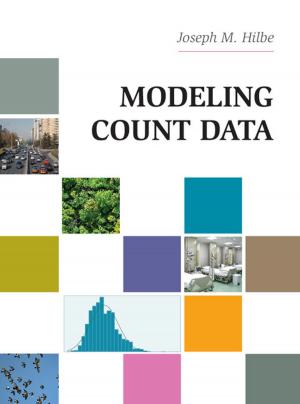Economic Politics in the United States
The Costs and Risks of Democracy
Business & Finance, Economics, Nonfiction, Social & Cultural Studies, Political Science, Government| Author: | William R. Keech | ISBN: | 9781107460508 |
| Publisher: | Cambridge University Press | Publication: | October 14, 2013 |
| Imprint: | Cambridge University Press | Language: | English |
| Author: | William R. Keech |
| ISBN: | 9781107460508 |
| Publisher: | Cambridge University Press |
| Publication: | October 14, 2013 |
| Imprint: | Cambridge University Press |
| Language: | English |
Employing macroeconomic performance as a lens to evaluate democratic institutions, the author uses models of political behavior that allow for opportunism on the part of public officials and shortsightedness on the part of voters to see if democratic institutions lead to inferior macroeconomic performance. We have learned more about how and why democracy can work well or badly in the years since the first edition was published. It was not previously apparent how much the good performance of democracy in the United States was contingent on informal rules and institutions of restraint that are not part of the definition of democracy. Since that first edition, the United States has experienced soaring indebtedness, unintended adverse consequences of housing policy, and massive problems in the financial system. Each of these was permitted or encouraged by the incentives of electoral politics and by limitations on government, the two essential features of democratic institutions.
Employing macroeconomic performance as a lens to evaluate democratic institutions, the author uses models of political behavior that allow for opportunism on the part of public officials and shortsightedness on the part of voters to see if democratic institutions lead to inferior macroeconomic performance. We have learned more about how and why democracy can work well or badly in the years since the first edition was published. It was not previously apparent how much the good performance of democracy in the United States was contingent on informal rules and institutions of restraint that are not part of the definition of democracy. Since that first edition, the United States has experienced soaring indebtedness, unintended adverse consequences of housing policy, and massive problems in the financial system. Each of these was permitted or encouraged by the incentives of electoral politics and by limitations on government, the two essential features of democratic institutions.















